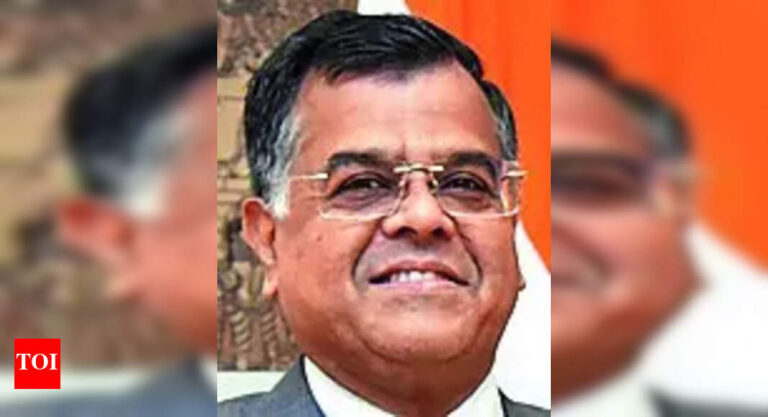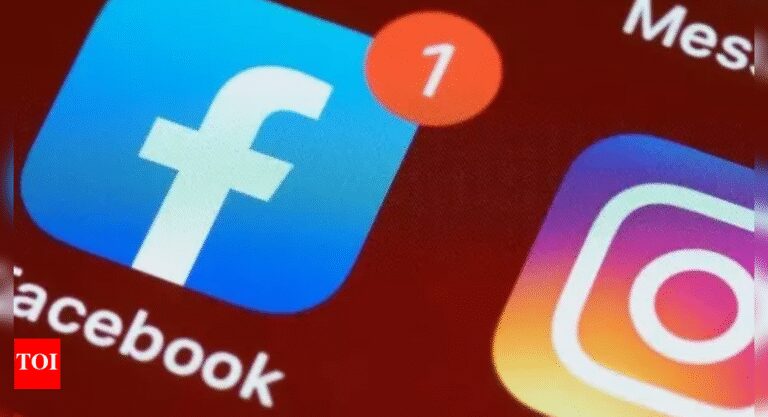
The digital world in South Korea is mourning after losing Yoon Ji-ah who was known for being a TikToker and live streamer with more than 300,000 fans. On September 11, she was found dead on a secluded mountain in Muju County, North Jeolla Province, only a few hours after her last live stream. The terrifying circumstances of her passing have once again raised the issues of the dark side of fan communities and influencer security in the era of the internet.
Korean TikToker Murdered by $70K-Donor Fan
Police have indicated that Yoon Ji-ah met with her death about 30 minutes after cutting off her last stream. The 30-year-old digital star was pronounced dead with serious physical injuries inflicted on her body through beating, strangling, and asphyxias. Later, the medical examiner declared the cause of death to be suffocation from neck compression.
Obsession and Lies Behind Yoon Ji-ah’s Tragic Death
Initially, the fan’s affection reportedly transformed into obsession. Choi, who presented himself as a CEO enjoying success, was actually an individual who had gotten into deep financial trouble and lost his home through auction. He had created a fake persona and was financially supported which led him to create a close bond with Yoon and even convince her to go into business together.
But there were reports about Yoon having recently sought to break the ties claiming controlling behavior and demanding schedule as reasons. The CCTV clips released by the detectives showed Choi kneeling and asking for forgiveness just before the tragic event. As per his later confession, he dragged her into her car before killing.
Confession and Arrest of Yoon Ji-ah’s Killer
After the murder, Choi made an effort to hide his actions, dressing up with a suitcase, and taking several stops to misdirect the police before he left Yoon’s body on the mountainside. He was captured 12 hours after the incident. He first proclaimed his innocence but later admitted it when the police found the corpse.
The death of Yoon Ji-ah has created a wave of nationwide protests and mourning compared to which the calls for more effective safety measures for content creators against the obsessive online behavior are stronger than ever.








